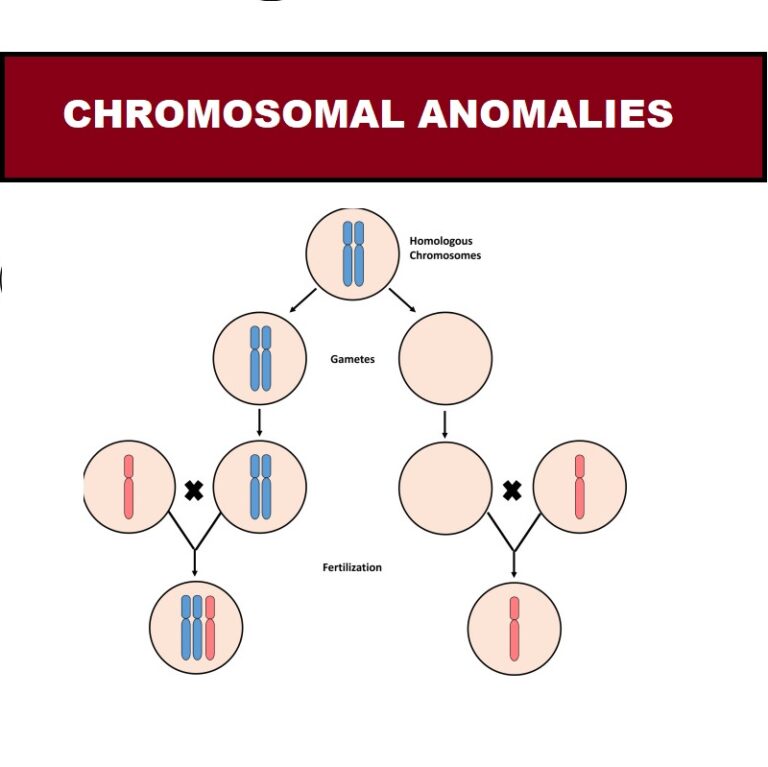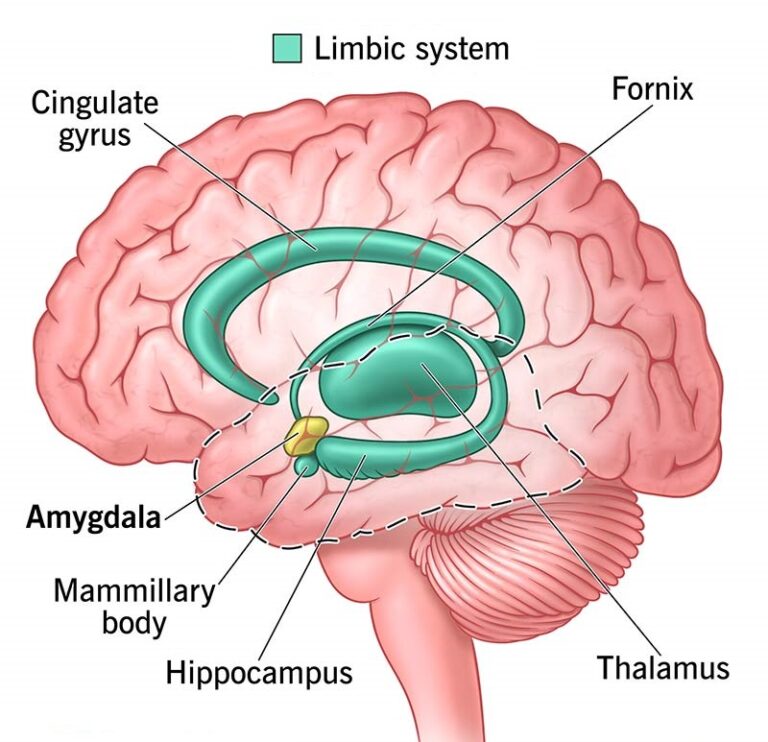
Psychology, as a field of study, encompasses diverse approaches to understanding human behavior and mental processes. Existential Psychology stands out as a profound exploration of human existence, grappling with fundamental questions about meaning, freedom, and responsibility. Rooted in existential philosophy, this school of thought emphasizes the unique challenges and potentials of human life.
What is Existential Psychology?
Existential Psychology focuses on the human condition, emphasizing individual experience, freedom, and the search for meaning. Unlike approaches that prioritize pathology or behavior, it seeks to address the deeply personal and universal concerns of existence, such as isolation, mortality, and the pursuit of authenticity.
At its core, Existential Psychology asks: What does it mean to be human? For example, an individual confronting a career crisis may explore their values and purpose through existential therapy.
Origins and Philosophical Foundations
Existential Psychology draws heavily from existential philosophy, particularly the works of Søren Kierkegaard, Friedrich Nietzsche, Martin Heidegger, and Jean-Paul Sartre. These thinkers explored themes of freedom, choice, and the human struggle to find meaning in an uncertain world.
Key Figures in Existential Psychology:
- Rollo May: Often regarded as the father of Existential Psychology in the United States, May introduced concepts of courage and creativity in confronting existential challenges (May, 1958).
- Viktor Frankl: A Holocaust survivor, Frankl developed Logotherapy, emphasizing the search for meaning as a central human motivation (Frankl, 1946).
- Irvin Yalom: Known for his work on existential psychotherapy, Yalom identified four ultimate concerns: death, freedom, isolation, and meaninglessness (Yalom, 1980).
Core Concepts of Existential Psychology
Existential Psychology revolves around several foundational ideas:
1. Freedom and Responsibility
- Emphasizes the individual’s freedom to make choices and the responsibility that comes with it.
- Example: A person deciding to leave a stable job to pursue their passion accepts the uncertainties and risks of this choice.
2. Search for Meaning
- Central to human existence is the quest to find purpose and significance.
- Example: A retiree engaging in volunteer work to feel a sense of contribution.
3. Authenticity
- Encourages individuals to live true to their values and beliefs, rather than conforming to societal expectations.
- Example: An artist choosing to create unconventional works despite criticism.
4. Existential Anxiety
- A natural response to the awareness of life’s uncertainties, freedom, and mortality.
- Example: Feeling anxious about making major life decisions but using this anxiety as a catalyst for growth.
5. Isolation and Connection
- Acknowledges the paradox of human existence: the desire for connection and the reality of existential aloneness.
- Example: Building meaningful relationships while accepting that no one can fully share one’s inner world.
Applications of Existential Psychology
Existential principles have been applied in therapy, education, and organizational contexts:
1. Therapy
- Existential therapy helps clients confront life’s fundamental questions and embrace their freedom and responsibility.
- Research indicates that this approach enhances personal growth and resilience (Van Deurzen, 2012).
2. Education
- Encourages critical thinking and self-reflection, fostering students’ exploration of their values and goals.
- Example: A philosophy class discussing existential themes to help students understand their own life choices.
3. Leadership and Workplace
- Promotes authentic leadership and a focus on meaningful work.
- Example: Leaders creating work environments that align with employees’ values and aspirations.
| Principle | Example in Practice |
|---|---|
| Search for Meaning | Encouraging employees to align tasks with personal goals |
| Authenticity | Leaders fostering transparent communication |
| Confronting Anxiety | Providing support for navigating workplace challenges |
Existential Themes in Practice
Existential Psychology offers tools for addressing universal human concerns:
| Theme | Description | Example |
|---|---|---|
| Mortality | Awareness of life’s finiteness | Finding purpose in daily activities |
| Freedom | Embracing choice and responsibility | Choosing a career path |
| Isolation | Balancing connection and individuality | Building supportive communities |
| Meaninglessness | Overcoming existential voids | Pursuing creative endeavors |
Criticisms and Limitations
Despite its profound insights, Existential Psychology has faced critiques:
- Abstract Nature: Concepts like authenticity and meaning can be difficult to operationalize and measure scientifically (Schneider & Krug, 2010).
- Cultural Bias: Critics argue that its emphasis on individualism may not resonate in collectivist cultures.
- Focus on Existential Issues: May overlook biological or social factors influencing behavior.
Conclusion
Existential Psychology offers a compelling framework for understanding the human condition, emphasizing the quest for meaning, the acceptance of freedom, and the courage to confront life’s uncertainties. While challenges remain in its application and measurement, its principles inspire deeper self-awareness and authenticity, making it a valuable approach in both personal and professional contexts.
References
- Frankl, V. E. (1946). Man’s Search for Meaning. Beacon Press.
- May, R. (1958). The Origins and Significance of the Existential Movement in Psychology. Random House.
- Schneider, K. J., & Krug, O. T. (2010). Existential-Humanistic Therapy. American Psychological Association.
- Van Deurzen, E. (2012). Existential Counselling & Psychotherapy in Practice. Sage Publications.
- Yalom, I. D. (1980). Existential Psychotherapy. Basic Books.







